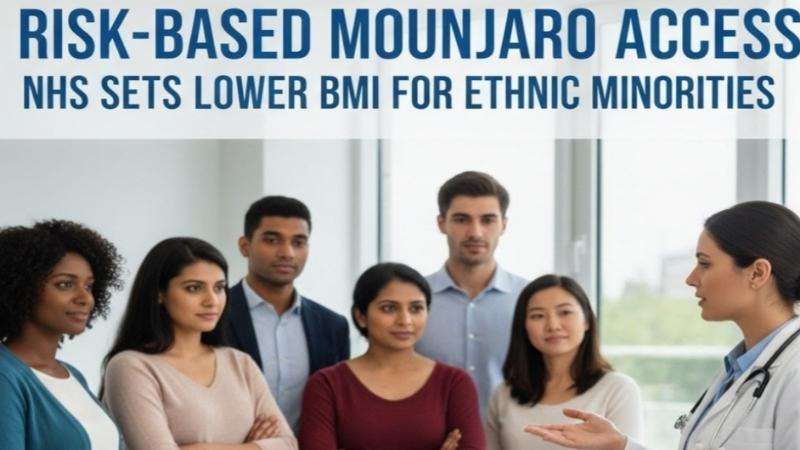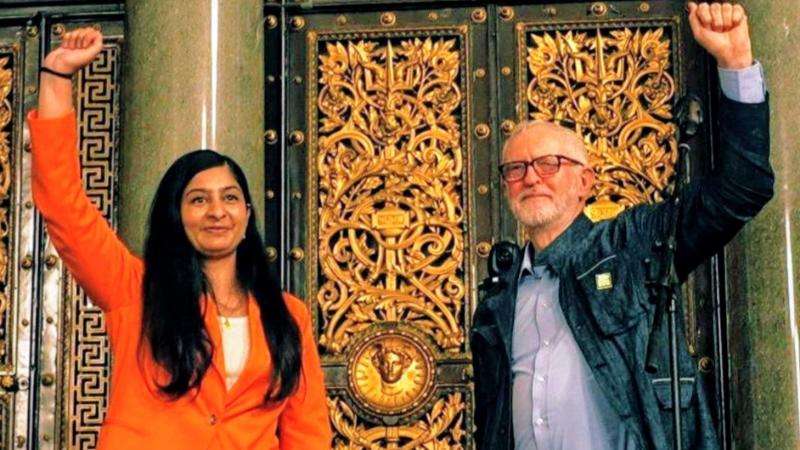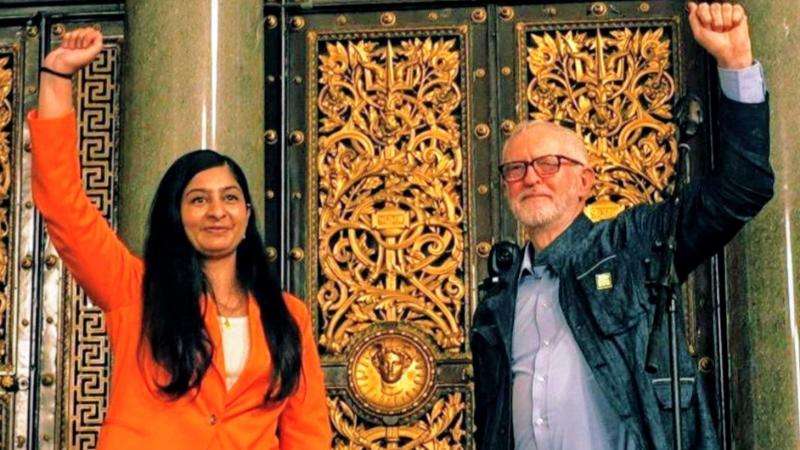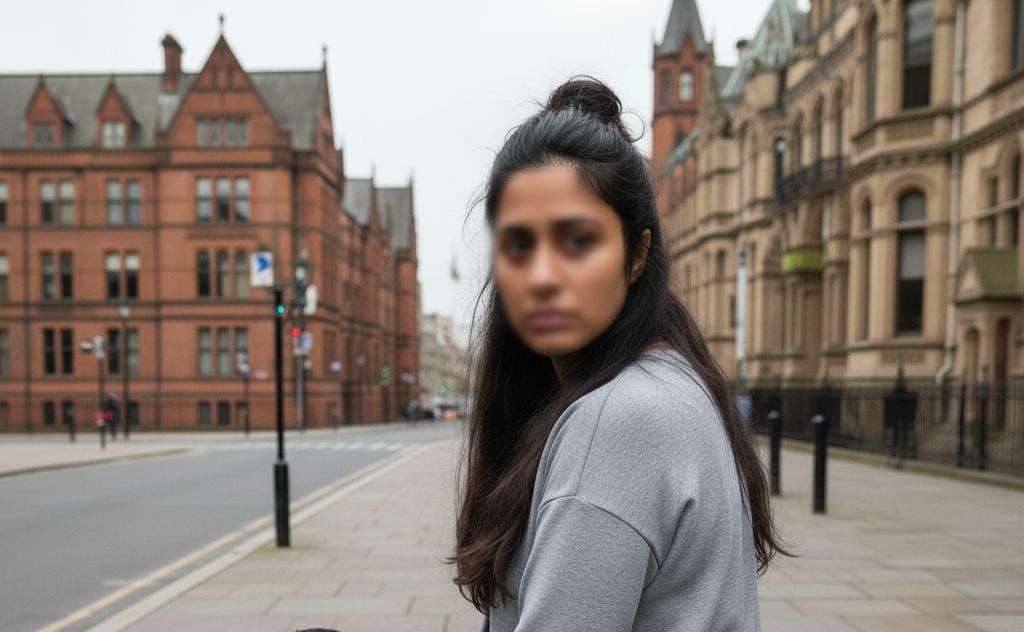A National Shift: 2.5 Million Britons Embrace Weight-Loss Jabs-Britain is in the midst of a dramatic shift in how it tackles obesity, as new figures reveal a surge in the use of powerful weight-loss medications like Mounjaro and Wegovy. An estimated 2.5 million packs of these 'fat jabs' were purchased in the UK in July alone, marking a staggering sevenfold increase in sales compared to the same month last year, according to data supplied by life sciences analytics company, Daily Dazzling Dawn understands.
The drugs, which are Glucagon-like peptide-1 (GLP-1) receptor agonists, have been hailed as a breakthrough in weight management. However, this skyrocketing demand has exposed a stark inequality in access, with the majority of users relying on expensive private prescriptions while NHS availability remains tightly restricted.
The £389 Divide: Private vs. Public Access-The price of private prescriptions for these medications, such as Mounjaro and Wegovy, can be a significant barrier, with the cost for some packs being as high as £389 per month, even after being previously available for less than £200. This cost has led to a panicked stockpiling among some, as reported by industry experts, anticipating price rises and shortages, which has only further exacerbated the supply issues for all.
A significant detail in the data suggests that around 90% of people on the weight-loss jabs are accessing them through the private sector, often via online prescribers, who are now beginning to charge for the prescriptions themselves. This reliance on private means prompted Health Secretary Wes Streeting to call for a greater availability on the NHS, arguing that it is not fair that the wealthy can afford "transformative medicines" while the poor cannot.
Former Labour Party leader Jeremy Corbyn echoed this sentiment, arguing that while these jabs could significantly improve the quality of life for many, "we are losing out, promising to ensure that such medicines are available not just to some, but to all."
Ethnicity and the Equity Challenge: Focusing on British South Asian Communities-The debate over equitable access is particularly poignant for the British South Asian community, including British Bangladeshis, who are known to have a higher risk of developing obesity-related conditions such as Type 2 diabetes and cardiovascular disease at a lower Body Mass Index (BMI) compared to the White population.
The search for specific, aggregated statistics on the number of British South Asians, or specifically British Bangladeshis, currently using these weight-loss jabs privately or through the NHS is challenging, as such granular data on private sales is rarely made public.
However, the NHS's own guidelines acknowledge this heightened risk. For individuals of South Asian, Chinese, other Asian, Middle Eastern, Black African or African-Caribbean origin, the NHS applies lower BMI eligibility thresholds for accessing weight-loss management programmes and, crucially, GLP-1 medications like Mounjaro and Wegovy. For example, where a White individual may need a BMI of 40 or more (or 35 with certain comorbidities) to be eligible for Mounjaroon the NHS.
This adjustment is a critical step towards clinical equity, but with the vast majority of usage currently private, concerns remain that individuals from socio-economically disadvantaged backgrounds, where health inequalities are often concentrated, are being excluded from accessing this vital treatment due to the prohibitive £389 monthly cost. A recent analysis suggested that interest in using these drugs is higher among more socio-economically disadvantaged groups, further underscoring the urgency of broadening NHS coverage.
The question for the Government and the NHS is not just one of supply, but of ensuring the transformative promise of these medications is not solely the preserve of the affluent, but a genuinely public health solution.







.svg)
